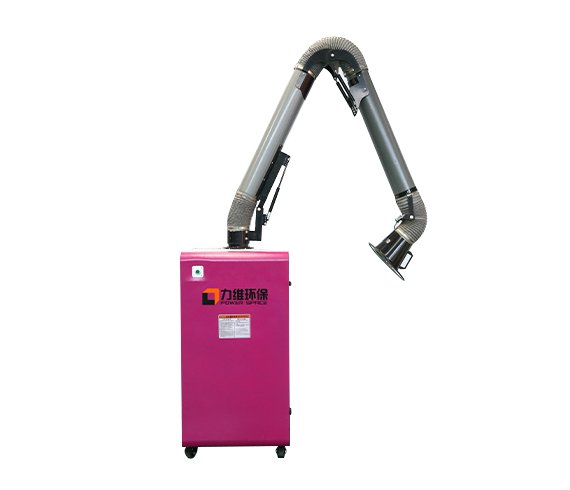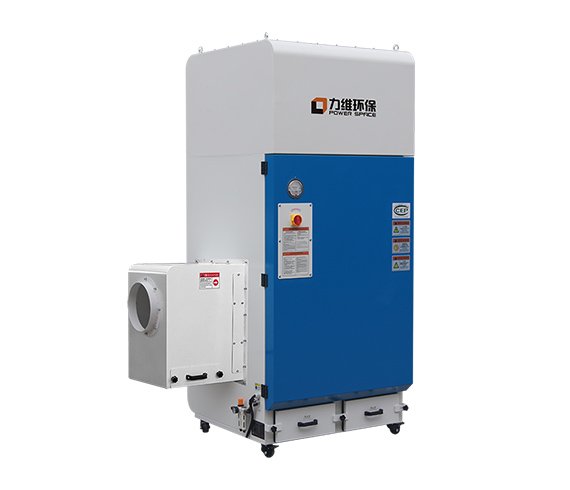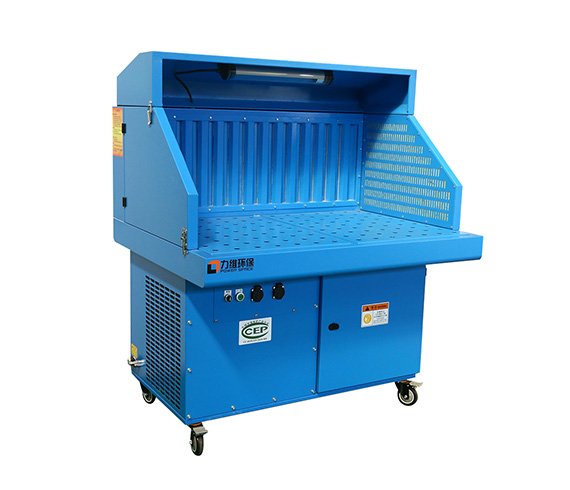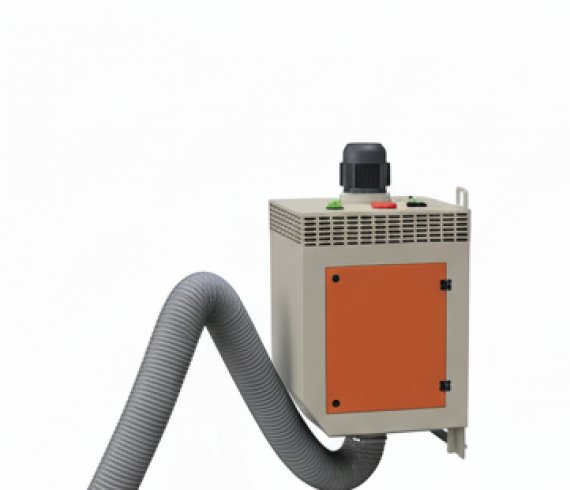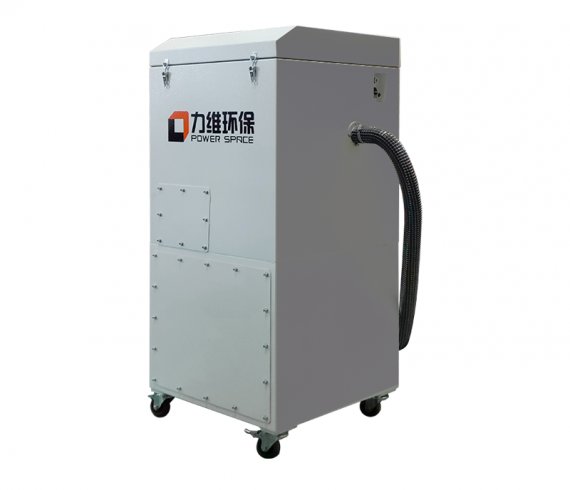News
Power Space tailor-made dust removal plan for you
How to Choose the Right Industrial Dust Collector Supplier
Selecting an industrial dust collection system is one of the most critical investments you can make for your facility. It's a decision that directly impacts employee health, operational safety, equipment longevity, and your ability to meet stringent environmental regulations. However, the success of this investment hinges not just on the equipment itself, but on the partner you choose to supply it.
This comprehensive guide is designed to equip you with the essential criteria for evaluating and selecting a top-tier supplier. Making the right choice is about forging a long-term partnership that guarantees a safe, compliant, and productive work environment for years to come.
The High Stakes of Your Supplier Decision
Choosing the wrong supplier can lead to a cascade of costly problems that extend far beyond the initial purchase price. The risks include:
Ineffective Systems: A supplier without deep technical expertise may recommend an undersized or improperly configured system that fails to adequately capture hazardous dust and fumes.
Poor Reliability: Equipment built with substandard components can lead to frequent breakdowns, causing expensive production downtime.
Lack of Support: When you need technical assistance or replacement parts, a simple reseller may not have the knowledge or inventory to help, leaving you stranded.
Hidden Costs: An inefficient system can result in higher energy bills and the frequent replacement of filter cartridges, eroding your bottom line.
A strategic partnership with the right supplier is your best defense against these risks.
Prioritize Direct Manufacturers Over Resellers
The single most important distinction to make when evaluating suppliers is whether they are a direct manufacturer or a reseller/trading company. Partnering with a genuine industrial dust collector manufacturer offers profound advantages:
Unmatched Quality Control: A manufacturer controls the entire production process, from sourcing raw materials and engineering the design to fabricating components and conducting final testing. This vertical integration ensures a higher, more consistent standard of quality.
Deeper Technical Expertise: You gain direct access to the engineering and R&D teams who designed the equipment. This means more insightful pre-sales consultations and more effective post-sales troubleshooting.
Superior Value: By "cutting out the middleman," you eliminate the reseller's markup. This allows you to acquire a higher-quality, better-engineered factory-direct dust collector for a more competitive price, ensuring a better return on investment.
A company like Power Space, with over a decade of direct manufacturing experience, embodies this principle, offering clients the confidence that comes from working directly with the source.

Evaluate Their Engineering and Technical Capabilities
A supplier's true worth is evident in the sophistication and quality of their technology. Look beyond the sales brochure and assess their core engineering strengths.
In-House R&D and Customization
Does the supplier innovate? A leading manufacturer will have a dedicated R&D team constantly working to improve filtration efficiency and equipment design. Furthermore, they should have the flexibility to provide customized dust collection solutions. Every facility has unique challenges, and a great partner can tailor a system to your specific layout, workflow, and dust type.
Quality of Components and Construction
Demand transparency about the components used. A top-tier supplier will use internationally certified parts (e.g., CE, ISO), robust materials like heavy-gauge steel, and advanced features such as intelligent PLC controls and automated pulse-jet filter cleaning systems that reduce maintenance and improve efficiency.
Assess Their Industry Experience and Proven Track Record
Experience is not just a number; it's a library of solved problems. An experienced supplier has encountered a wide array of air quality challenges across various industries, from welding and fabrication to laser cutting and pharmaceuticals.
Look for a supplier with:
At Least a Decade of Specialized Experience: This indicates stability and a deep understanding of the market.
A Diverse Portfolio of Case Studies: They should be able to demonstrate a track record of successful installations in applications similar to yours.
A Global Footprint: A history of serving international clients is a strong indicator of their ability to meet diverse quality and safety standards.
Look for a Commitment to Partnership and Support
The relationship with your supplier should begin, not end, with the sale. A commitment to being a long-term partner is a hallmark of a premier supplier. This includes:
Comprehensive Pre-Sales Consultation: This may involve on-site surveys to analyze your specific needs and ensure the recommended system is perfectly suited to your environment.
Responsive After-Sales Support: Ensure they have a dedicated team to provide technical assistance and a reliable supply chain for essential consumables like replacement filter cartridges.
If you are looking for a manufacturing partner who meets and exceeds these rigorous criteria, contact the expert team at Power Space for a comprehensive consultation.


